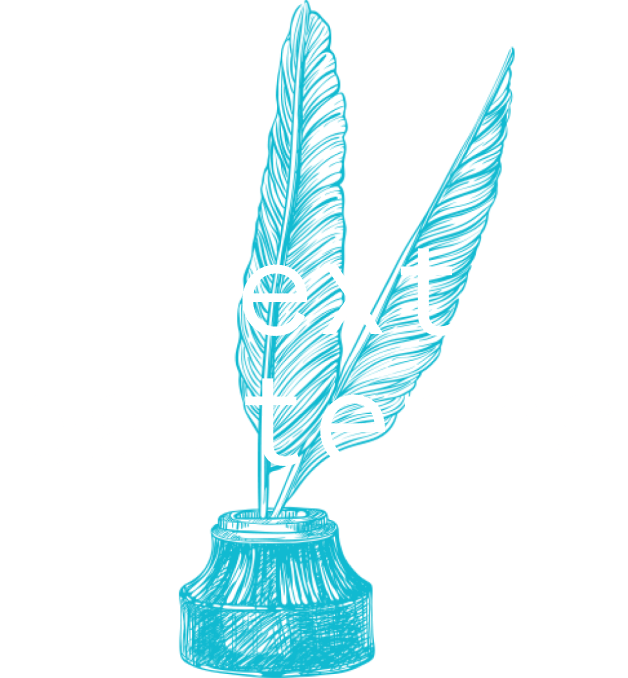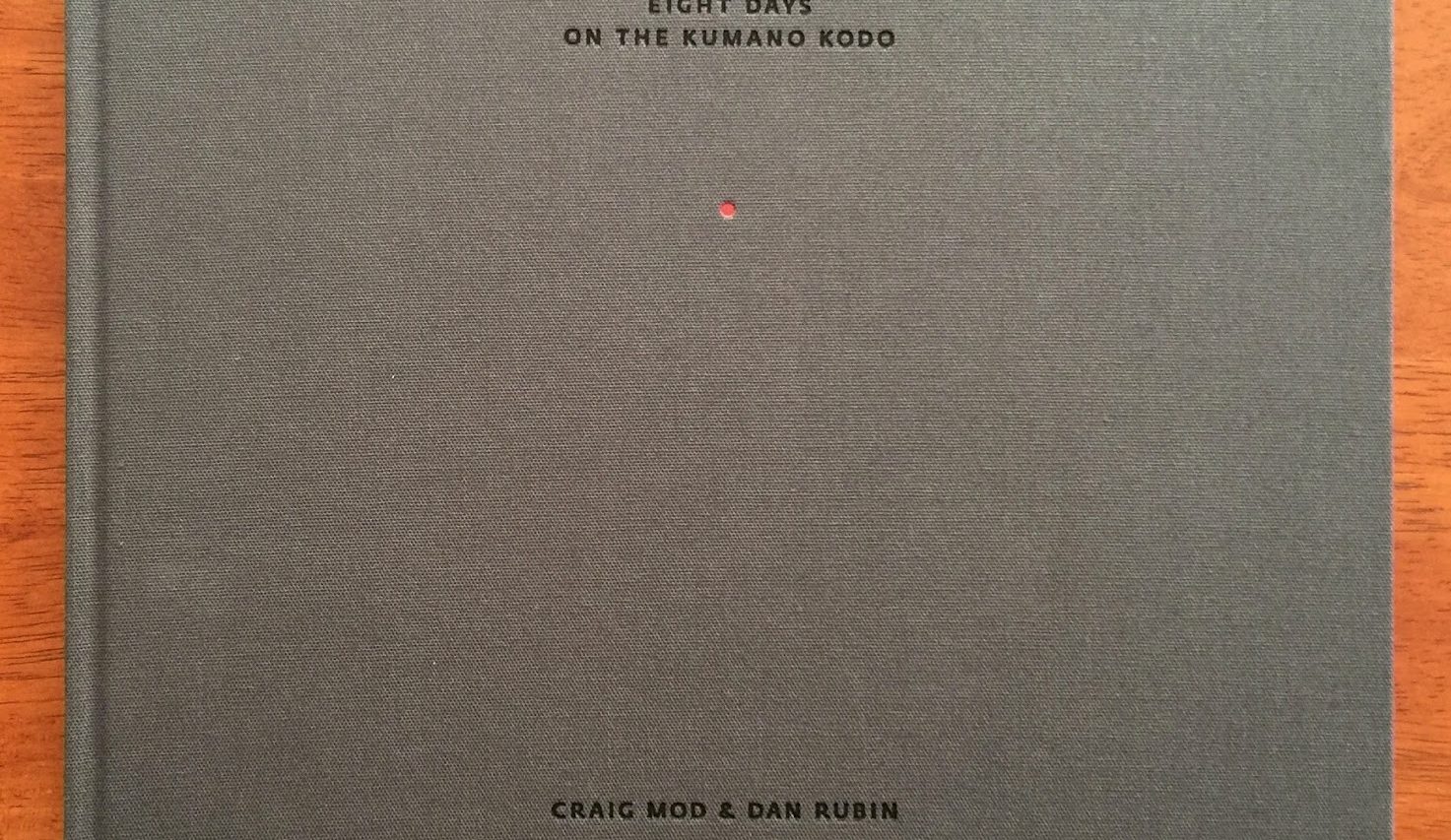November 29, 2016
is text our friend?
I’m not so sure about this argument by Hossein Derakhshan: Before I went to prison, I blogged frequently on what I now call the open Web: it was decentralized, text-centered, and abundant with hyperlinks to source material and rich background. It nurtured varying opinions. It was related to the world of books. Then for six years I...


